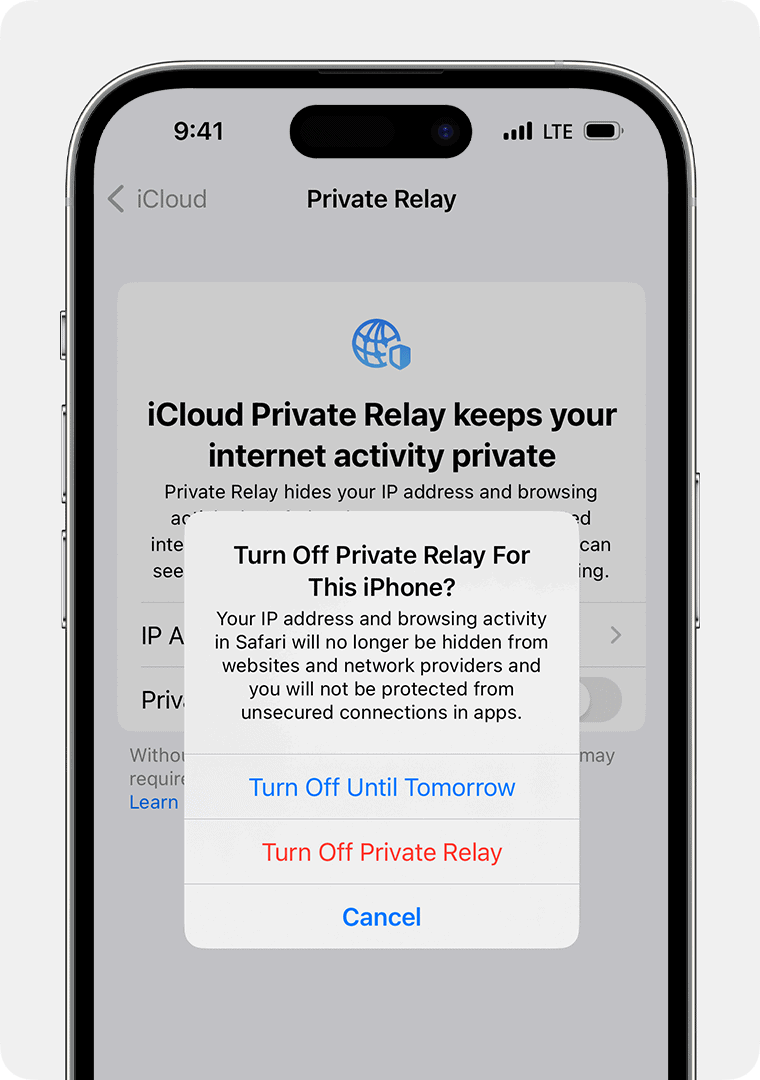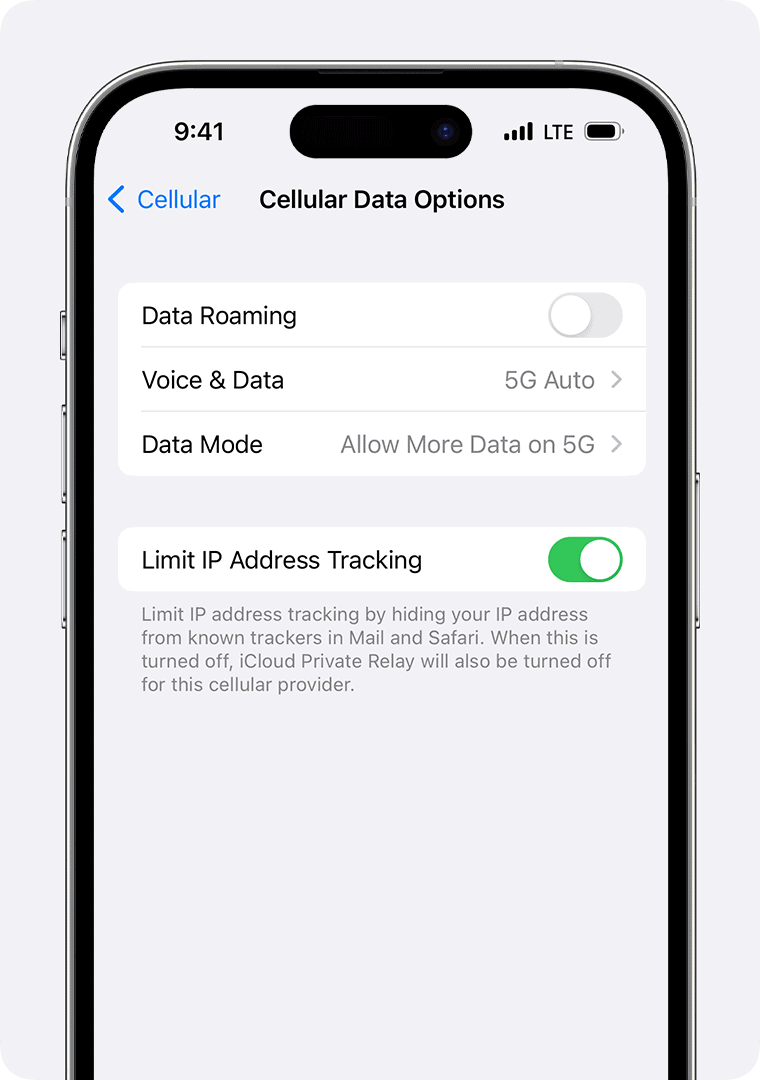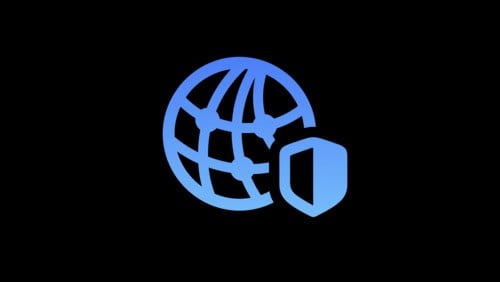Apple’s iCloud Private Relay, part of the iCloud+ subscription, is a modern privacy feature baked into Safari browsing. While it isn’t a full VPN, it offers valuable protections by encrypting DNS and IP details, routing traffic through two separate relays to make user activity harder to trace.
What It Does
- Encrypts Safari traffic only: It secures web browsing activity—but not app data like banking or streaming. It does not function as a system-wide VPN.
- Dual-relay system: Traffic passes through one Apple-managed entry relay (knowing your IP but not destination) and one third-party exit relay (knowing your destination but not your IP)—preventing any single party from linking identity and browsing.

What’s New in 2025
- Faster infrastructure globally
Recent improvements have resulted in speed boosts across several regions, especially Europe, where latency and bandwidth performance have seen noticeable gains. - Performance varies by region
Some users report reduced performance, with browser speeds dropping significantly when Private Relay is enabled. In some tests, download speeds were up to 50% lower than usual when rerouted through relays. - Impacts on network responsiveness
On macOS devices, particularly those using Apple Silicon chips, responsiveness can decline even when raw download speeds remain unaffected.
Pros vs. Cons
| Pros | Cons |
|---|---|
| Easy to enable in Settings, no extra app needed | Only protects Safari traffic—not apps |
| Strong privacy via two-relay architecture | No control over location (only city- or region-level IP) |
| Available at no extra cost for iCloud+ users | Speed and latency impacts vary—performance isn’t guaranteed |
| Helps combat tracker-based fingerprinting in combination with Apple privacy features | Disabled in some countries (e.g., China, Saudi Arabia, Turkmenistan) |

Private Relay vs. VPN – Which Do You Need?
- iCloud Private Relay: Ideal for Safari users wanting lightweight, automatic privacy.
- VPNs: Offer full device encryption, location choice, and stronger protections—necessary for securing app traffic or bypassing geo-blocks.
Private Relay is disabled when a VPN is active.
Considerations for Networks & Web Administrators
- Uses QUIC over port 443, which may require firewall adjustments.
- Exit IPs are shared and represent general regions—geo-blocks or location-based services may not function as intended.
- Online platforms that rely on IP-based identity or moderation may see anonymized traffic from Relay users, making tracking more difficult.
Final Takeaways
iCloud Private Relay is a powerful, easy-to-use privacy feature for Apple users that intelligently protects browser traffic without extra setup. However, its impacts vary—network speed may drop, responsiveness may waver, and it exempts app data from encryption. For robust, comprehensive online privacy or access to geo-restricted services, a dedicated VPN remains the superior choice.
Pro Tips for Users
- Run network tests (like Speedtest or
networkQuality) with and without Private Relay to evaluate its impact. - Use “Reload Without Relay” in Safari for websites that block anonymous traffic.
- Combine Private Relay with App Tracking Transparency and Lockdown Mode for more comprehensive privacy protection.
Conclusion
iCloud Private Relay continues to evolve in 2025—offering faster connections and stronger Safari-based privacy. But it isn’t a full VPN. It’s best used as part of a layered privacy strategy for users who value simplicity and native Apple integration, while those needing complete anonymity or flexibility should still consider dedicated VPN solutions.
Key Takeaways
- iCloud Private Relay is Apple’s version of a VPN-like service for safeguarding user privacy.
- It encrypts web traffic and uses two relays to prevent tracking of IP addresses and browsing activity.
- Although it enhances privacy, it may affect certain internet services like network speed tests.
Understanding iCloud Private Relay and Its Impact on Privacy
Apple has introduced iCloud Private Relay to its iCloud+ subscribers, aiming to bolster privacy and security while browsing the internet. This feature has stirred interest for its innovative approach to user privacy and its differences from traditional VPNs.
What Is iCloud Private Relay?
iCloud Private Relay is a service by Apple for those with an iCloud+ subscription. It helps protect privacy by encrypting internet traffic. This means when you use Safari to browse, your online activities are hidden. Your IP address gets concealed so others can’t see your location or what you’re doing on the web.
Privacy Protections Offered by iCloud Private Relay
The main aim of iCloud Private Relay is to keep user data private. It works by sending your internet requests through two separate relays. Apple runs the first one and it assigns an anonymous IP address. A trusted partner runs the second and decrypts the web address you want to visit. But they can’t see your IP address, so they don’t know who you are.
Comparison With Traditional VPN Services
VPN services encrypt all data from your device, not just browser traffic. This includes data from apps like Skype or Netflix. iCloud Private Relay differs because it only encrypts browser traffic. It doesn’t cover other apps. VPNs can also let you appear as if you’re in a different location. iCloud Private Relay doesn’t do this.
Limitations and Regulatory Concerns
There are places where iCloud Private Relay isn’t available, like China, Belarus, Saudi Arabia, and Turkmenistan due to local laws. It doesn’t replace your Apple ID or hide your identity for all online activity. It’s also important to understand that some websites may restrict access if they can’t see your IP address.







